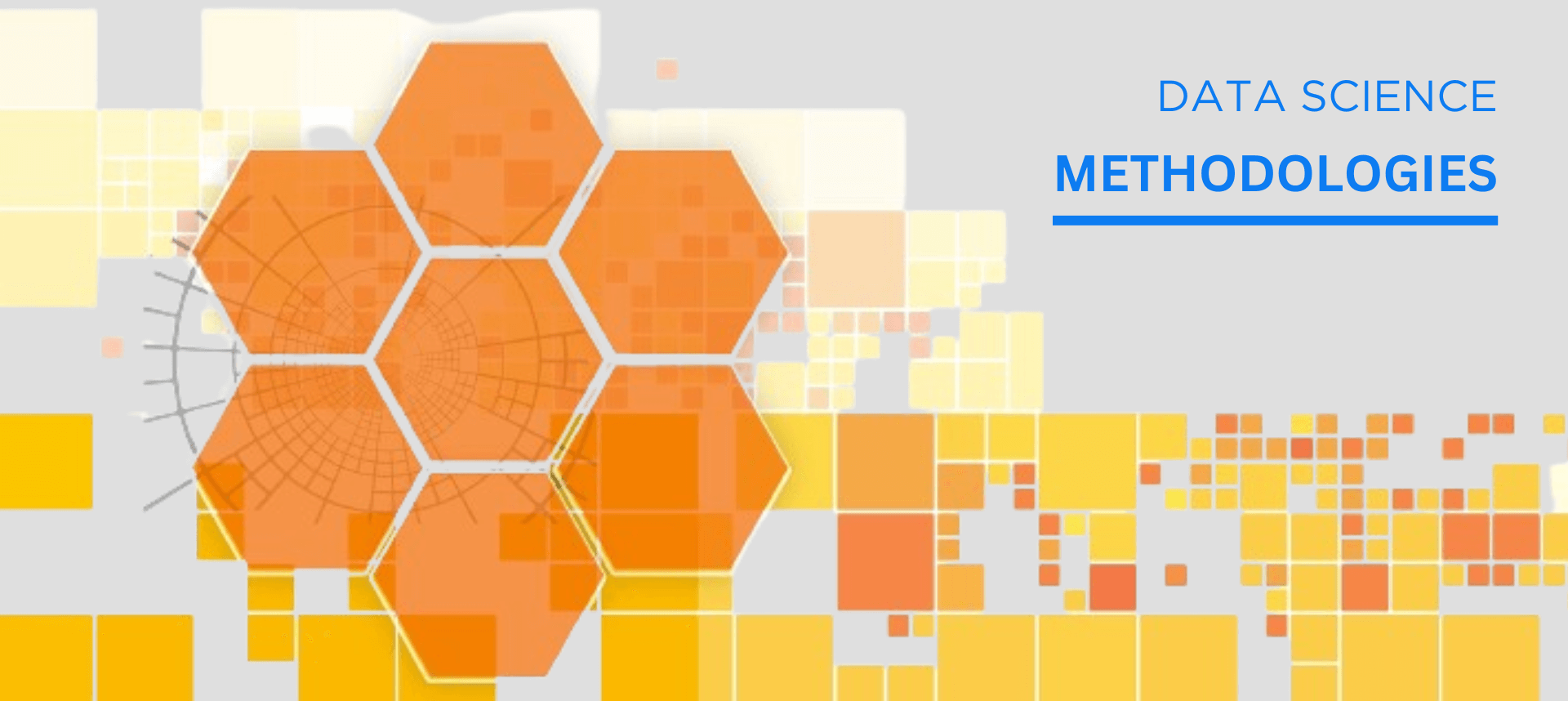Quantum Computing vs Classical Computing: two powerhouses in the world of technology, each with its unique strengths and capabilities. In this article, we delve into the intricacies of these computing technologies, exploring their fundamental differences and the impact they have on our digital landscape.
Introduction
In a rapidly evolving technological landscape, the clash between Quantum Computing vs Classical Computing is more than just a battle of bits and qubits; it’s a showdown that could reshape the future of computation as we know it.
Understanding Quantum Bits
At the heart of the quantum revolution lies the concept of “Quantum Bits” or Qubits. These tiny entities, governed by the principles of quantum mechanics, defy the binary limitations of classical bits.
Qubits can exist in a superposition of states, enabling an unprecedented ability to process information in parallel. Quantum bits bring forth the promise of solving complex problems at speeds that were once deemed impossible.
Classical Bits: The Building Blocks
On the other hand, classical computing relies on bits, the binary units representing either a 0 or a 1. Classical computers process information sequentially, executing operations in a step-by-step fashion. This well-established model has fueled technological advancements but faces challenges when solving complex problems due to its sequential nature.
Classical algorithms drive the functionalities of our everyday devices, from smartphones to supercomputers.
Computational Fundamentals
Binary Code vs Quantum Superposition
The heart of the showdown lies in the contrast between Binary Code and Quantum Superposition. Classical computing, driven by binary bits, processes data linearly, while quantum computing’s superposition allows for parallel processing, potentially achieving feats deemed impossible by classical counterparts. This fundamental difference sets the stage for a revolutionary leap in computational capabilities.
The Role of Algorithms in Quantum and Classical Systems
Algorithms serve as the guiding principles of computation. Classical algorithms operate sequentially, executing one step at a time, while quantum algorithms harness the power of parallelism and entanglement. Quantum algorithms, if successfully implemented, could outpace classical counterparts in solving complex problems, disrupting the conventional computational landscape.
Speed and Efficiency
Quantum Parallelism
Quantum computing introduces the concept of quantum parallelism, where qubits can perform multiple calculations simultaneously. This groundbreaking feature promises exponential speed-ups for specific problem sets, challenging the limitations imposed by classical sequential processing.
Classical Processing Power
Classical processing power, while sequential, has been the backbone of our technological advancements. From data analysis to artificial intelligence, classical computing has driven innovation and shaped the digital landscape. Understanding its strengths is crucial in evaluating the quantum challenge.
Error Correction and Reliability
Quantum Error Correction
Quantum systems are susceptible to errors due to factors like decoherence. Quantum error correction algorithms aim to mitigate these errors, marking a paradigm shift in how we approach data integrity and reliability in quantum computing.
Classical Redundancy
Classical computing relies on redundancy and error-checking mechanisms to ensure reliability. Redundant data storage and error correction codes have been the classical solutions to maintaining data integrity, albeit with associated computational costs.
Applications in the Real World
Quantum Computing: The potential applications of quantum computing span industries, from healthcare and finance to logistics and cryptography. Quantum algorithms have the potential to revolutionize drug discovery, optimize financial portfolios, and break current encryption standards, reshaping the landscape of various sectors.
Classical Computing: Classical computing, with its proven track record, continues to power our daily lives. From mobile applications to cloud computing, classical systems handle a myriad of tasks efficiently. Understanding their current applications provides context for the quantum challenge.
Challenges and Limitations
Overcoming Quantum Decoherence
Quantum decoherence poses a significant challenge, threatening the stability of quantum systems. Researchers are actively developing strategies to overcome decoherence, ensuring the sustained viability of quantum computing technologies.
Classical Computing Bottlenecks
In classical computing, certain problems reach insurmountable bottlenecks due to their complexity. As we push the boundaries of classical systems, quantum computing emerges as a potential solution to overcome these limitations.
Security Implications
Quantum Cryptography
The advent of quantum computing brings forth new challenges and opportunities in the realm of cybersecurity. Quantum cryptography, leveraging the principles of quantum mechanics, offers a new frontier in secure communication, resistant to traditional cryptographic attacks.
Classical Encryption
Classical encryption methods, while robust, face potential vulnerabilities with the advent of quantum computers capable of breaking widely-used encryption algorithms. Assessing these vulnerabilities is crucial for developing future-proof cryptographic solutions.
The Race for Supremacy
Quantum Achievements
Milestones in quantum supremacy, where quantum computers outperform their classical counterparts in specific tasks, mark pivotal moments in the ongoing competition. Understanding these achievements provides insights into the quantum capabilities that challenge classical computing.
Developments in Classical Computing
Classical computing is not stagnant; ongoing developments in hardware, algorithms, and parallel processing continue to push the boundaries of classical systems. Acknowledging these advancements is essential for a comprehensive analysis of the computing landscape.
Ethical Considerations
Quantum Computing’s Societal Impact
As quantum technologies advance, their societal impact becomes a critical consideration. From job displacement to ethical concerns surrounding quantum-enhanced surveillance, evaluating the ethical implications of quantum computing is essential for responsible technological development.
Ethical Concerns in Classical Computing
Classical computing, too, has faced ethical dilemmas, such as privacy concerns and algorithmic biases. Addressing these concerns is crucial for fostering a responsible and inclusive digital future.
Future Prospects: Quantum Computing vs Classical Computing
The Evolution of Quantum Technologies
Exploring the future of quantum technologies unveils a landscape of continued innovation. Quantum computing’s evolution holds the promise of solving complex problems, transforming industries, and redefining our understanding of computation.
Classical Computing Innovations
Simultaneously, classical computing continues to evolve with innovations in hardware, algorithms, and applications. Understanding the trajectory of classical advancements is vital for predicting how these systems will coexist with their quantum counterparts.
Conclusion
Coexistence or Competition
The ultimate question arises: will quantum and classical systems coexist, each serving its unique purpose? Examining the potential for collaboration between these computing paradigms unveils a future where their strengths complement each other, fostering a holistic approach to solving diverse computational challenges.
Future of Computing
Speculating on the future of computing involves envisioning a harmonious integration of quantum and classical technologies. From hybrid systems to novel applications, the coexistence or competition between quantum and classical computing will shape the digital landscape for generations to come.
In this ultimate showdown, Quantum Computing vs Classical Computing, the journey unfolds as a saga of innovation, challenges, and ethical considerations, paving the way for a future where the power of computation knows no bounds. As these computing titans continue to vie for supremacy, it is the synergy between them that holds the key to unlocking the full spectrum of computational possibilities.
FAQs
Can Quantum Computers completely replace Classical Computers?
While quantum computers excel in specific tasks, classical computers remain indispensable for a wide range of applications.
What are the major challenges in quantum computing?
Quantum decoherence and error correction are significant challenges, hindering the practical implementation of quantum algorithms.
How does quantum cryptography enhance security?
Quantum Key Distribution in quantum cryptography leverages the principles of quantum mechanics to secure communication channels, offering unmatched security.
Are classical encryption methods at risk from quantum computers?
Yes, quantum computers pose a potential threat to classical encryption methods, prompting the development of quantum-resistant encryption algorithms.
What does the future hold for the coexistence of quantum and classical computing?
The future may involve a symbiotic relationship, with both quantum and classical systems contributing to different aspects of computational tasks.





